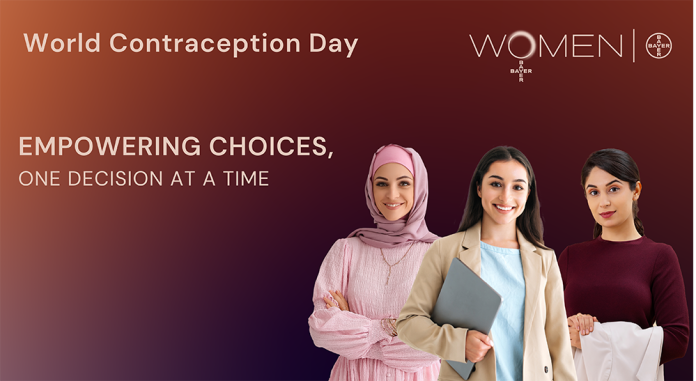On World Contraception Day, we must take the opportunity to reignite important conversations about the lack of awareness of modern contraceptive methods, and their benefits for families and society as a whole.
It has always been a challenge in our society to speak openly about certain topics that are considered sensitive, and family planning is one of these.
But as more avenues for information and awareness open up, these conversations need to be encouraged – for the wellbeing of mothers, families and society as a whole. September 26 is celebrated as World Contraception Day globally, presenting a timely opportunity to revisit this topic. So, first of all, why is it important to create awareness on modern contraceptive options? One might argue that in today’s digital age, there is no lack of information, and anyone who wants to educate themselves can easily do so.
But, if that were the case, we wouldn’t have such concerning statistics in Pakistan. For example, did you know that 50% of women (9.5 million women) aged 15 – 49 who want to avoid unintended pregnancies, do not have access to modern contraceptives?[1]
And did you know that every year, approximately 3.7 million unintended pregnancies occur in Pakistan? That’s not all: of these, 61% (that’s 2.2 million pregnancies) result in induced abortions.1
Imagine the huge negative impact of this on women’s health. And it’s not just women who are affected. Lack of family planning affects the entire family. An unplanned pregnancy can place immense financial stress on a family. When there is a widespread lack of contraceptive awareness, this financial stress extends to society as a whole.
Conversely, where people are well-informed and empowered to make good choices about contraception, there will be a positive impact on society. Starting a family (or adding to an existing one) is one of the most important, meaningful and life-altering decisions a married couple will make. It’s also one that impacts wider society.
And so, another point we must highlight is that contraception needs to be viewed as a shared responsibility. It’s not just a woman’s job to think about family planning – it’s a decision both partners need to take together.
Therefore, it’s important that we should equip both men and women with awareness about their contraceptive options, so they can be empowered to make informed decisions together about the well-being of their families. Couples can proactively consult their healthcare provider to discuss contraceptive options. The good news is that there’s a wide range of modern contraceptive options available, so married couples can and should explore what best suits their needs.
Bayer, a global leader in women’s health, is committed to delivering innovative treatments for women’s health, along with innovative options to address the unmet medical needs of women worldwide. Additionally, Bayer intends to provide 100 million women per year in low-and-middle income countries by 2030 with access to family planning by funding multi-stakeholder aid programs for capacity building and by ensuring the supply of affordable modern contraceptives.


